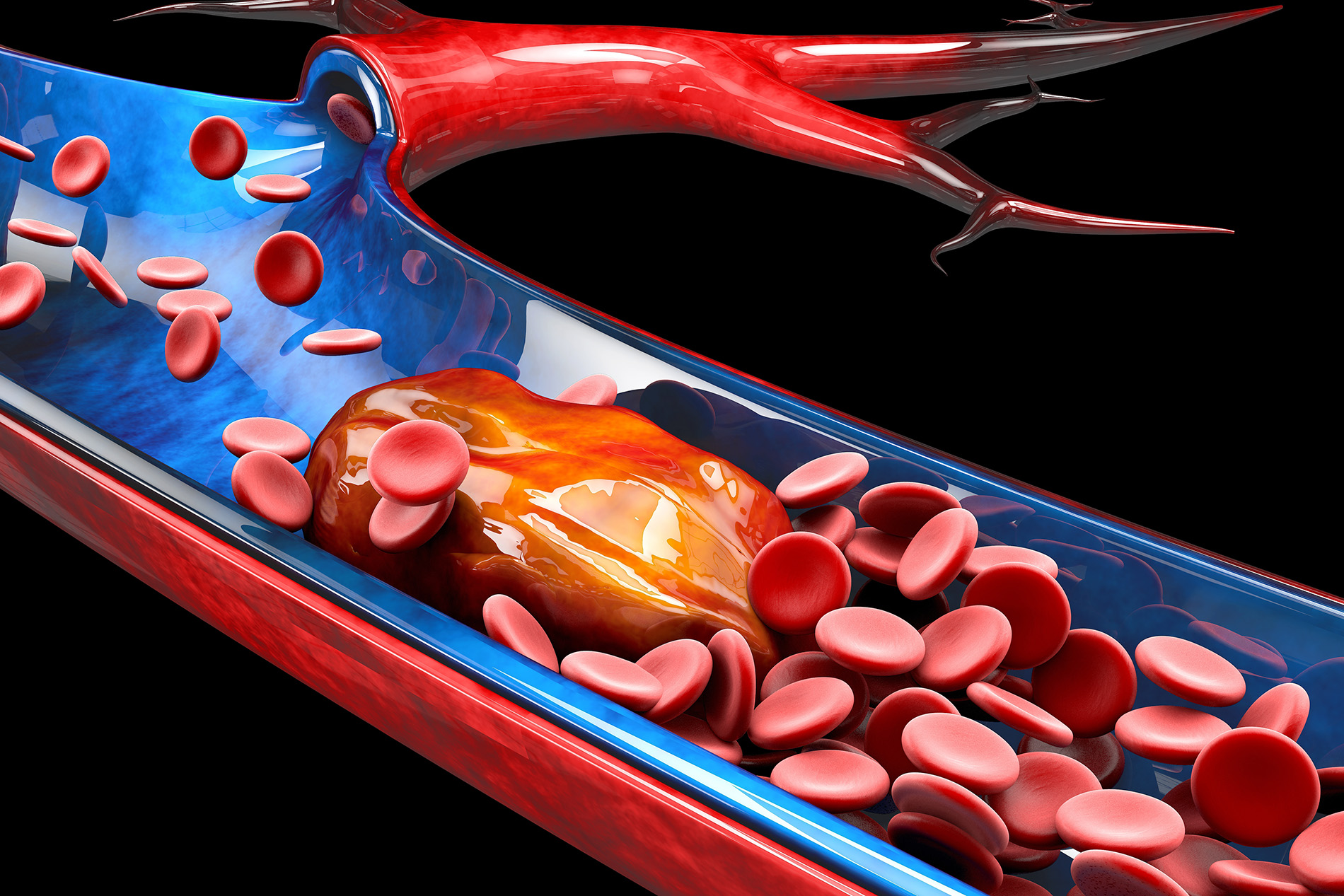Patients with certain health conditions are at greater risk for having serious complications from a COVID-19 infection. So what should patients with heart disease know about COVID-19 and the vaccine? Brian P. Wall, MD, FACC, Lexington Medical Center Heart and Vascular Center, has the answers to those questions.
Q: What should heart patients know about COVID-19?
A. COVID-19 is a viral illness that mainly attacks the lungs and respiratory system, but it can also affect the heart directly by infecting the heart muscle or affect it indirectly by increasing the workload and stress placed on the cardiovascular system. Individuals with heart or circulatory conditions are probably not more likely to contract COVID-19 than others, but it may mean they are at a higher risk of developing more severe symptoms and have a tougher road to recovery. According to one Centers for Disease Control and Prevention report, persons with conditions such as heart disease, diabetes and lung disease were six times more likely to be hospitalized and 12 times more likely to die from COVID-19 compared to individuals without those underlying conditions. Therefore, cardiac patients should be extra vigilant to reduce their risk of contracting the virus.
To reduce your risk, maintain social distancing, wash your hands and use hand sanitizer frequently, and wear a mask, in addition to continuing other healthy habits, such as a healthy diet, regular exercise and taking medications as prescribed.
Q. Can or should heart patients they get the COVID-19 vaccine?
A. Another important weapon in the fight against COVID-19 are the new vaccines. There are a lot of cardiac patients who have questions related to the safety of the vaccine. We assure them that there are no heart conditions that would prevent them from getting the vaccine, and immunization provides the best prevention. It will not cause them to get COVID-19, but they could experience some side effects, such as low-grade fever, headache or body aches.
In summary, cardiac patients should be encouraged to understand the risks associated with contracting COVID-19 and use all resources available, including vaccination, to reduce their risk of infection from COVID-19.

Brian P. Wall, MD, FACC, Lexington Medical Center Heart and Vascular Center






Leave a comment